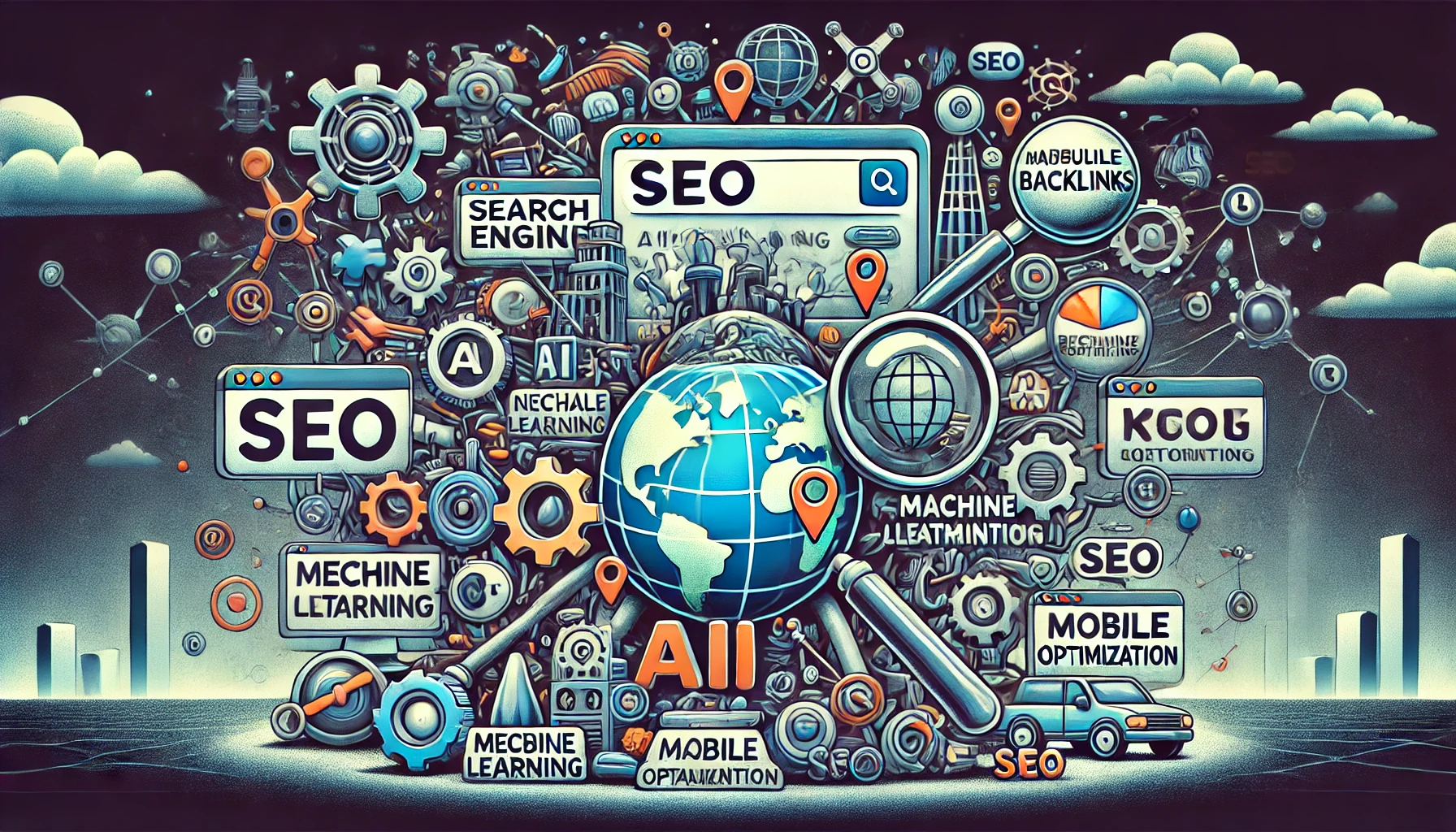In today’s rapidly evolving digital landscape, the importance of efficient Search Engine Optimization (SEO) cannot be overstated. As artificial intelligence (AI) increasingly shapes our interactions with technology, ensuring your content is easily discoverable by AI systems is crucial for online visibility and success.
AI and the Changing Digital Ecosystem
Artificial intelligence has revolutionized the way search engines operate, moving beyond simple keyword matching to sophisticated algorithms that understand context, intent, and even sentiment. AI-powered search engines like Google use machine learning to provide users with the most relevant results, personalized to their preferences and search history.
As AI continues to learn from the vast expanse of the web, it becomes essential for websites to be optimized in a way that makes them easily accessible and understandable to these intelligent systems. Without efficient SEO, even the most valuable content can get lost in the digital noise, failing to reach its intended audience.
Key Components of Efficient SEO
- Keyword Optimization:
- Understanding User Intent: Modern SEO focuses on understanding what users are truly searching for and aligning content to meet those needs. This requires a deep understanding of user intent and the language they use.
- Long-Tail Keywords: Utilizing long-tail keywords can help target niche audiences and improve the chances of ranking higher in specific searches.
- Quality Content:
- Relevance and Value: High-quality, relevant content that provides real value to readers is favored by both users and search engines. AI algorithms prioritize content that answers questions, solves problems, or offers unique insights.
- Engaging Formats: Incorporating various content formats such as videos, infographics, and interactive elements can enhance user engagement and boost SEO performance.
- Technical SEO:
- Site Speed and Performance: A fast-loading, responsive website is critical for retaining visitors and improving search rankings. AI systems prioritize websites that offer a seamless user experience.
- Mobile Optimization: With a significant portion of web traffic coming from mobile devices, ensuring your site is mobile-friendly is imperative for both user satisfaction and search engine ranking.
- Structured Data:
- Schema Markup: Implementing structured data helps search engines understand the context of your content, leading to better visibility in search results. Schema markup can enhance snippets, making your content more attractive and informative in search listings.
- Backlinks and Authority:
- High-Quality Backlinks: Building a network of high-quality backlinks from reputable sources signals to search engines that your content is trustworthy and authoritative.
- Domain Authority: Consistently producing valuable content and earning backlinks contributes to the overall authority of your website, improving its chances of ranking well in search results.
SEO for AI Recognition
To be recognized by AI, your website must be easily discoverable and interpretable by these systems. This means ensuring that your SEO strategies are up-to-date and aligned with the latest search engine algorithms. Here are some tips to enhance AI recognition:
- Natural Language Processing (NLP): Craft content that is clear, concise, and easily understandable. AI systems use NLP to interpret and rank content, so using natural language that mirrors how people speak and write is beneficial.
- Voice Search Optimization: With the rise of voice-activated assistants like Siri and Alexa, optimizing for voice search can help capture a growing segment of users who prefer to search using spoken queries.
- User Experience (UX): Focus on providing an excellent user experience, as AI increasingly factors in user engagement metrics such as click-through rates, bounce rates, and time spent on site.
Conclusion
In an AI-driven world, efficient SEO is not just about being found; it’s about being understood and valued by both users and intelligent systems. By optimizing your website with AI in mind, you ensure that your content stands out in the crowded digital landscape, reaching the right audience and achieving your online goals.
Stay ahead of the curve by continually adapting your SEO strategies to the evolving AI technologies. Embrace the change, and let your content shine in the age of artificial intelligence.



